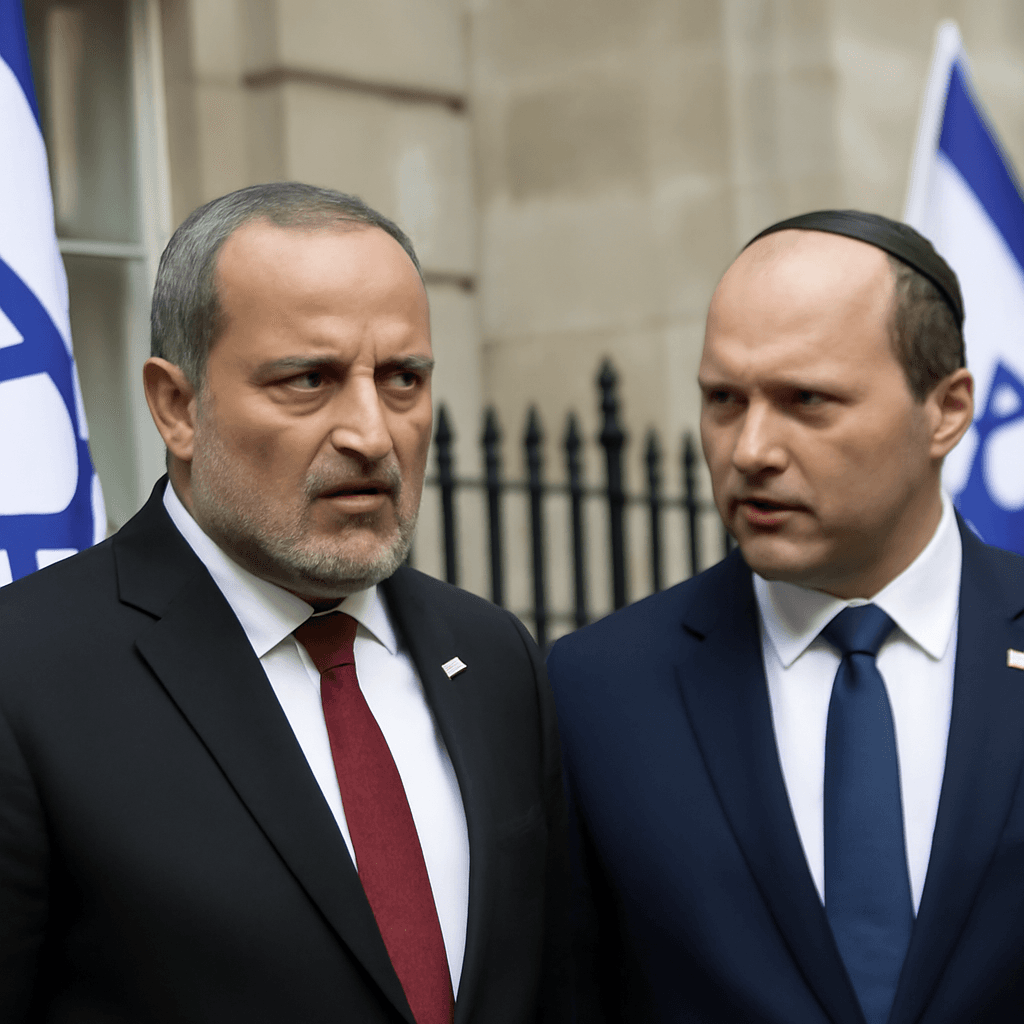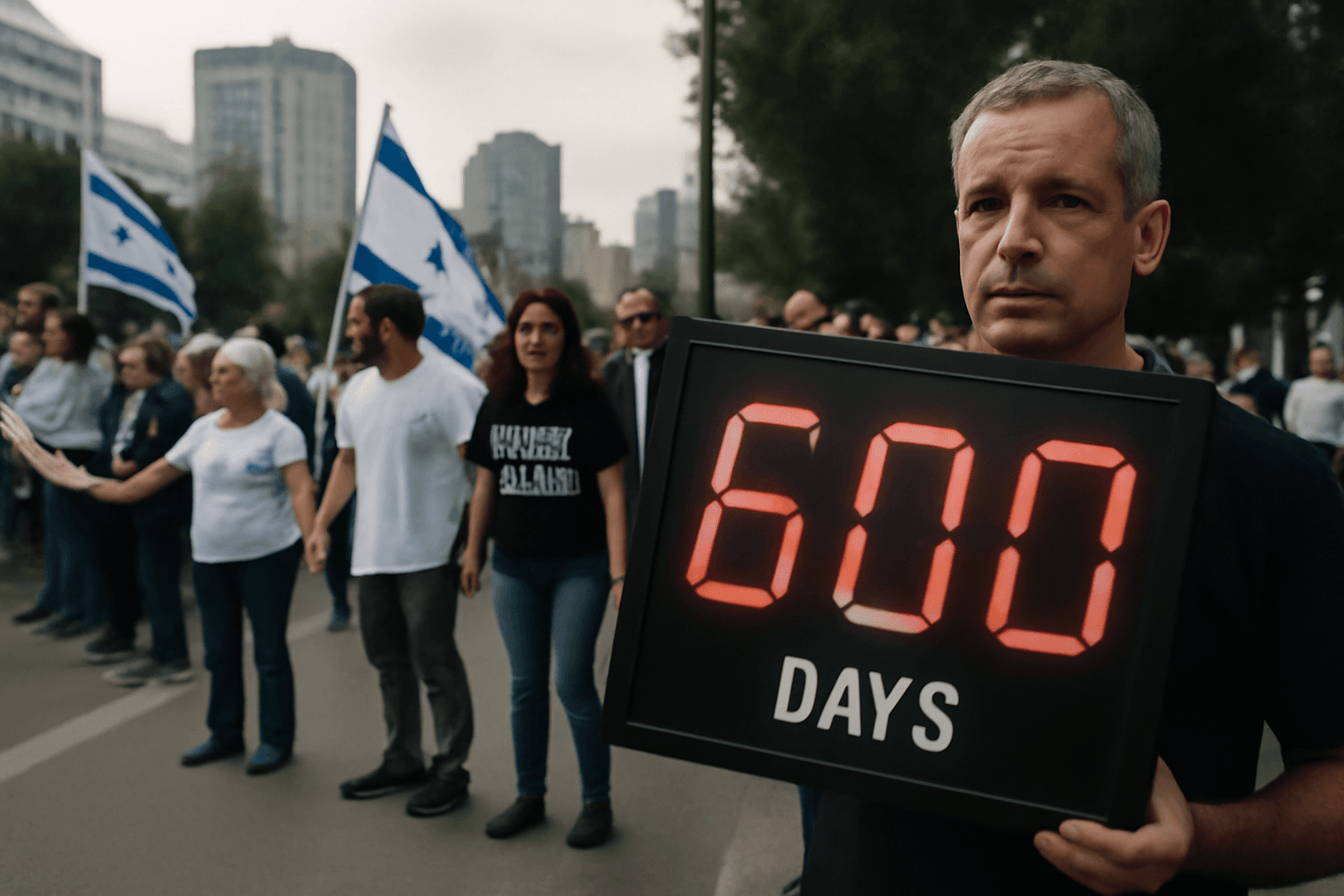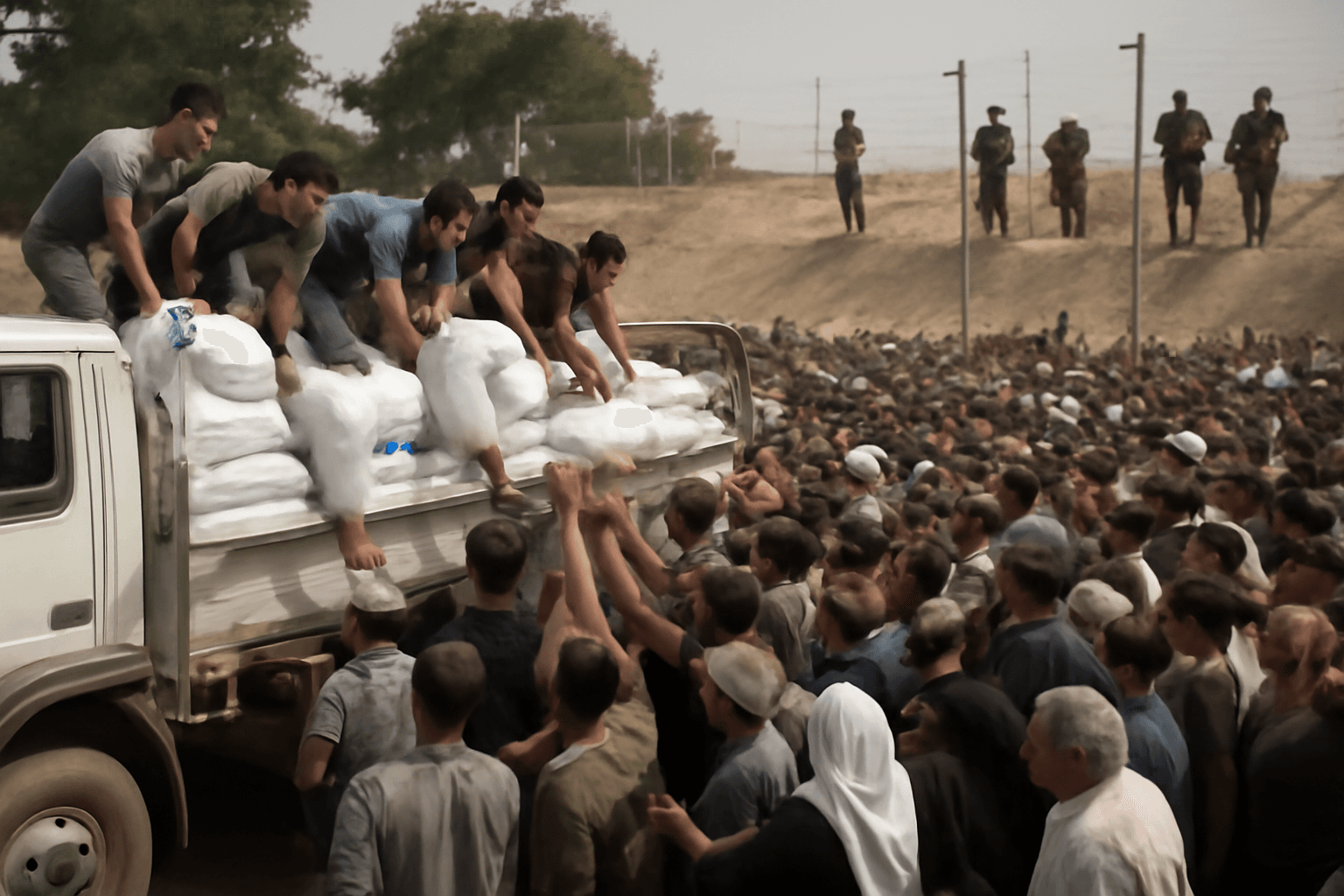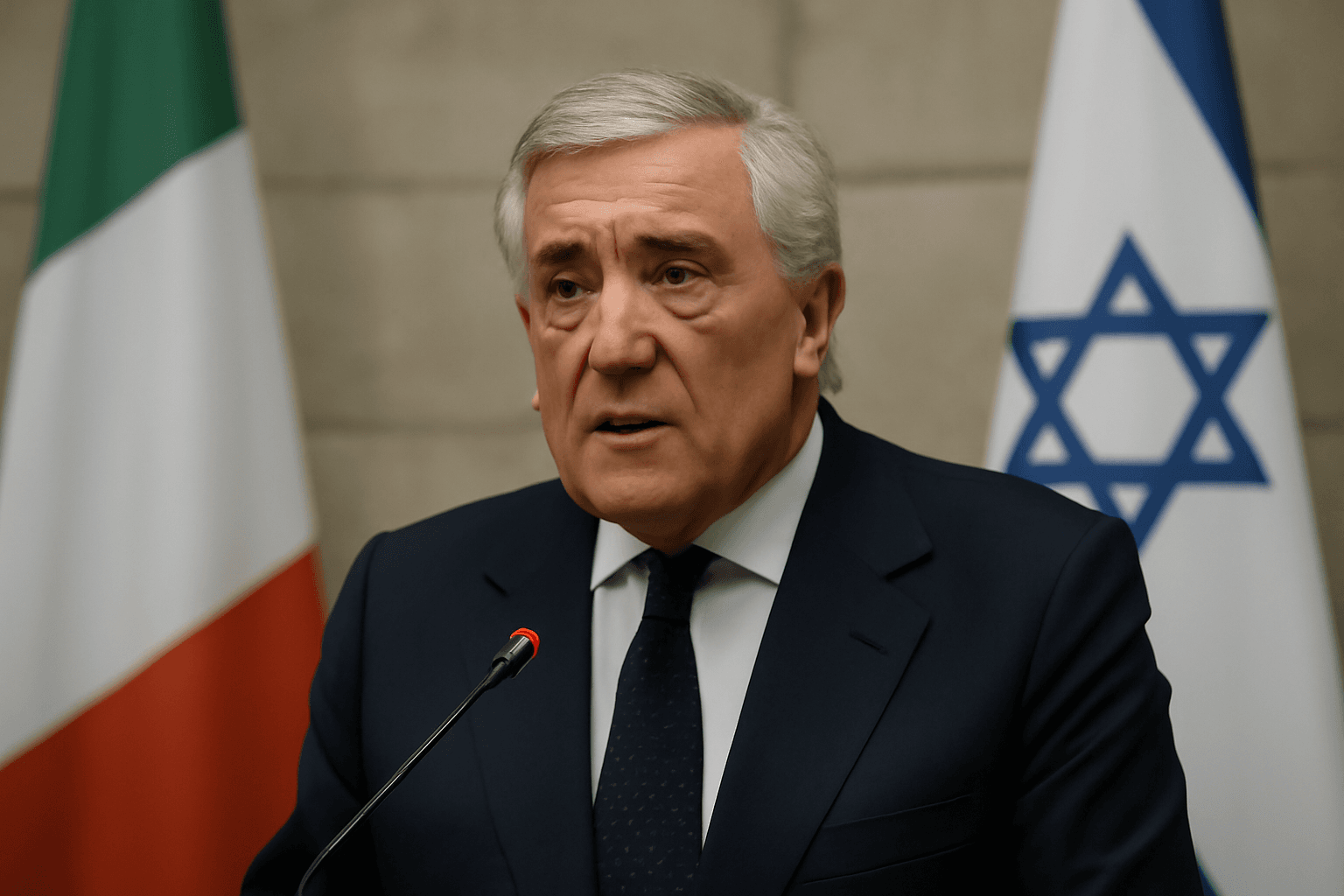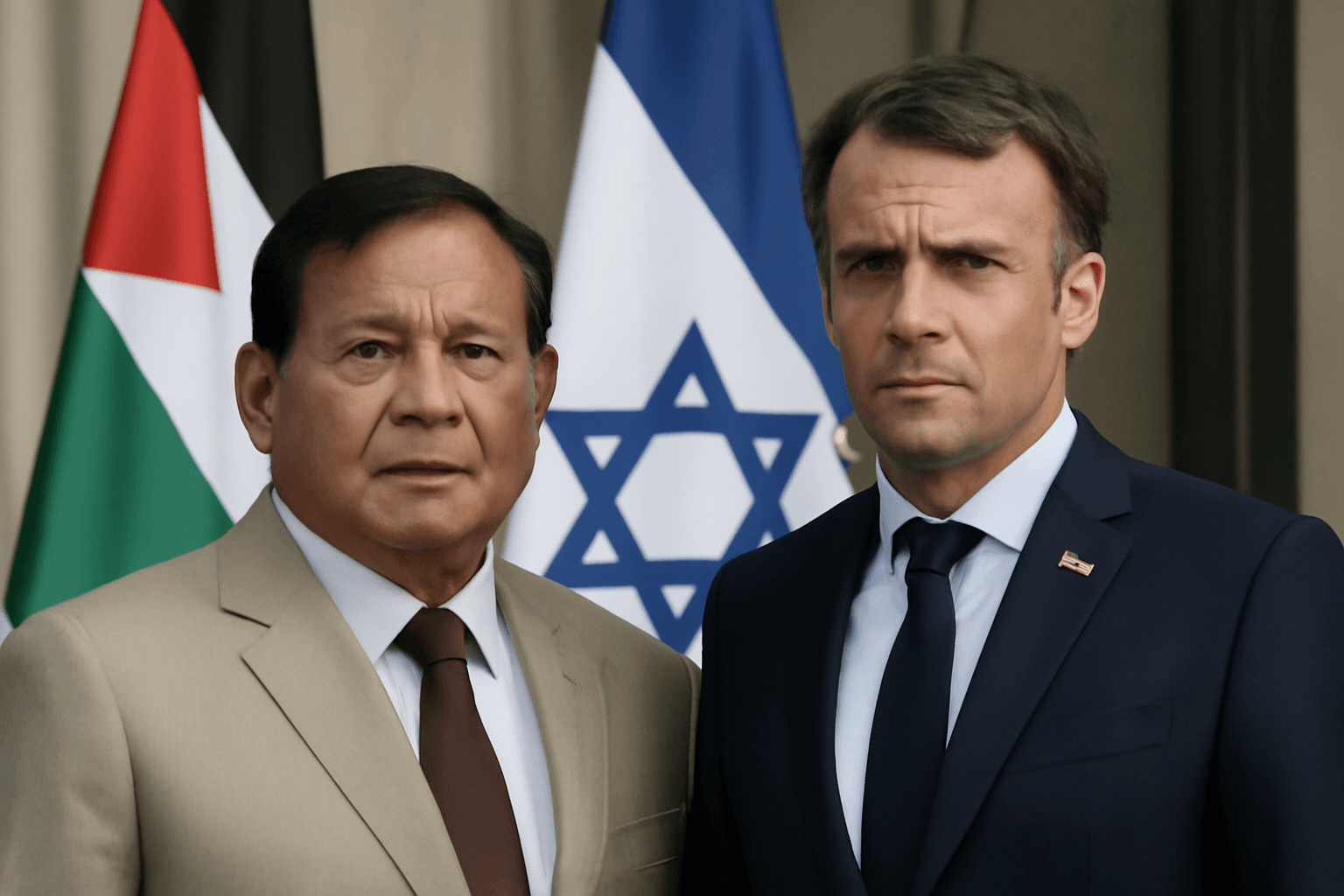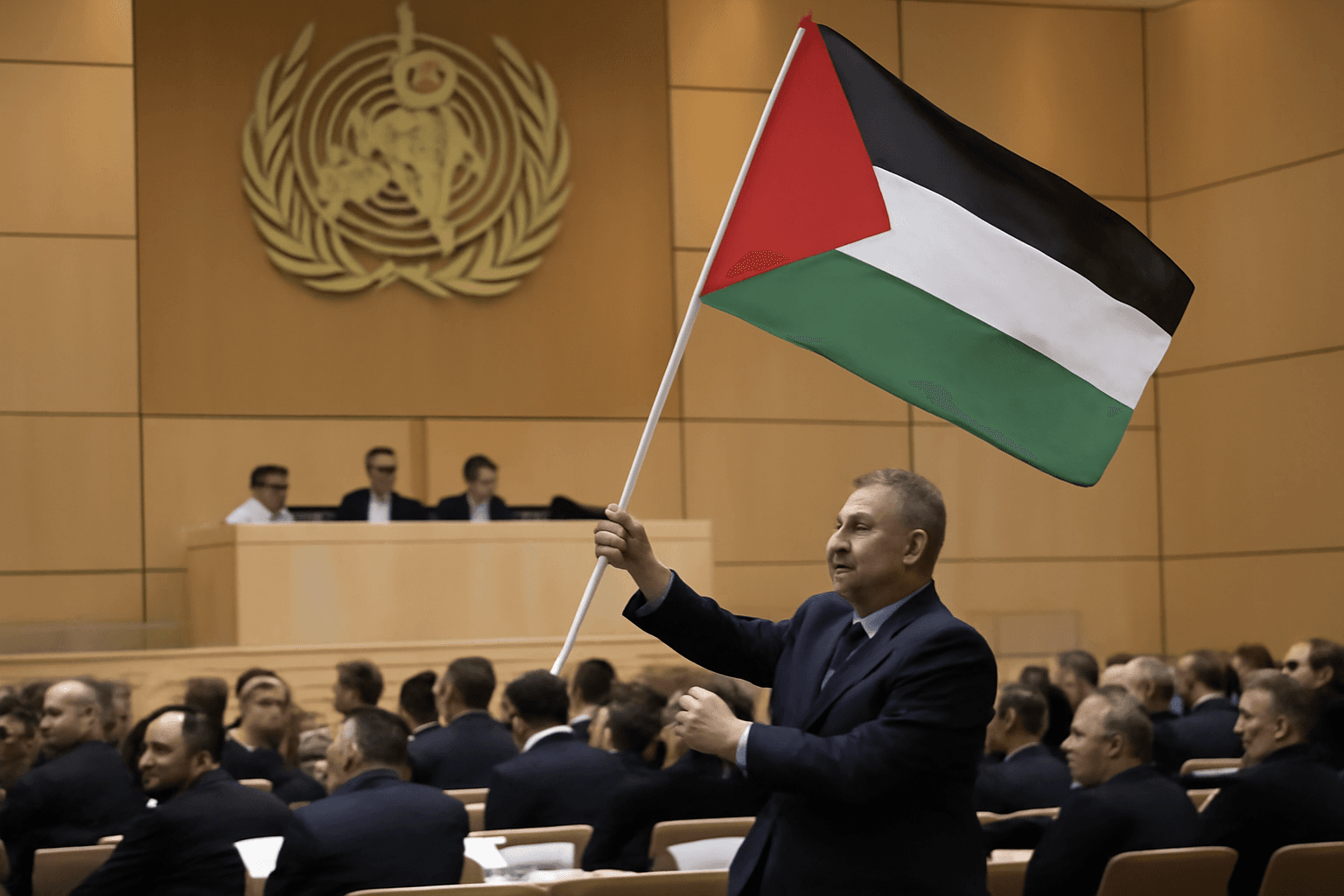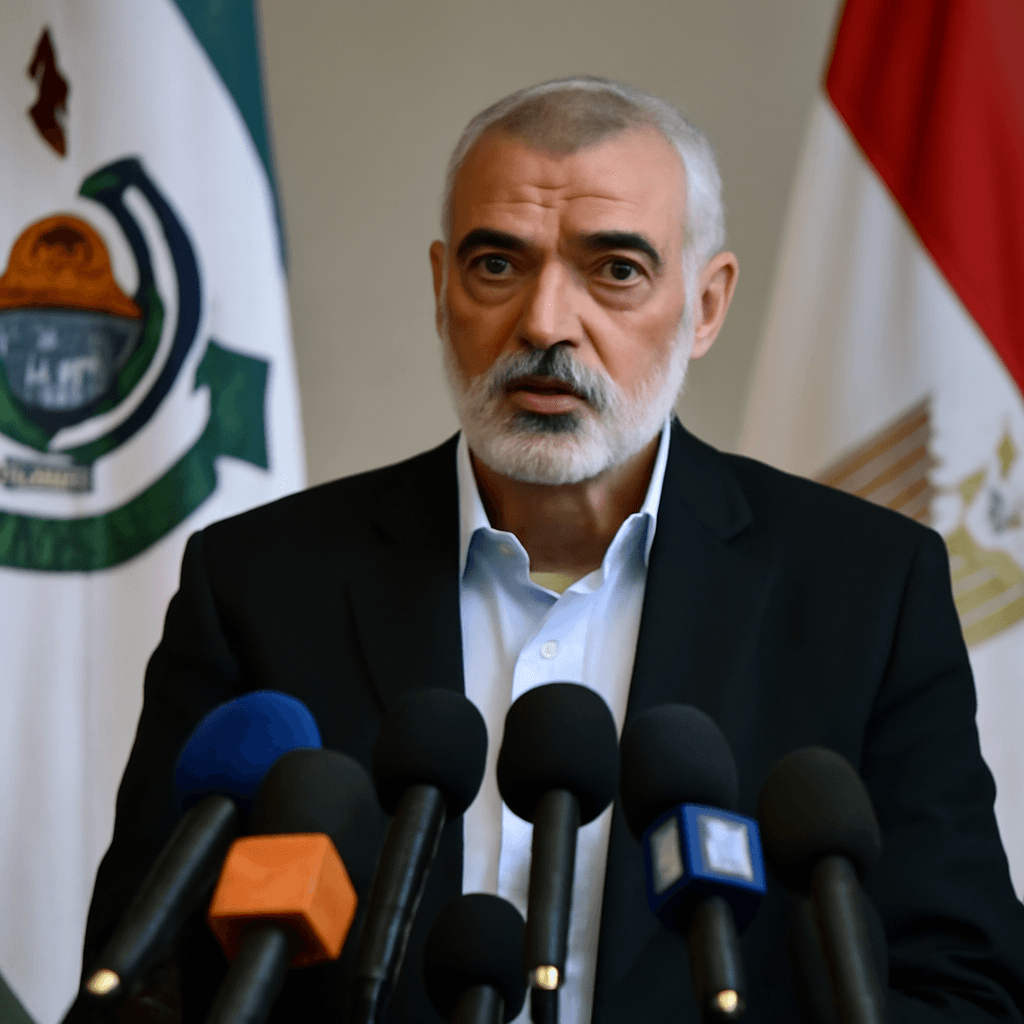UK and Allies Impose Sanctions on Israeli Ministers Amid Rising Tensions
Britain, alongside Canada, Australia, New Zealand, and Norway, took the unusual step of sanctioning two far-right Israeli cabinet ministers, Itamar Ben-Gvir and Bezalel Smotrich, citing their role in inciting violence against Palestinians in the West Bank. These sanctions include freezing their assets and banning their travel.
Details of the Sanctions and Political Fallout
The sanctions target Israel's national security minister, Ben-Gvir, and finance minister, Smotrich, both of whom are known settlers in the West Bank. The move also led London to suspend free trade talks with Israel, highlighting increasing international frustration with Israeli policies in the occupied territories.
British Foreign Minister David Lammy, in a joint statement with his counterparts from the other four nations, condemned the actions of the two ministers, stating they had "incited extremist violence and serious abuses of Palestinian human rights." Emphasizing accountability, the statement read, "These actions are not acceptable. This is why we have taken action now to hold those responsible to account."
Israel's Foreign Minister Gideon Saar called the sanctions "outrageous" and announced that the government would convene early next week to formulate a response. Meanwhile, Smotrich dismissed the sanctions during a speech at a new West Bank settlement inauguration, expressing determination to continue expanding Israeli settlements.
US Response and Broader Context
In a notable divergence from its Western allies, the United States condemned the sanctions. Secretary of State Marco Rubio explained that such measures would obstruct ongoing US-led efforts to secure a ceasefire in Gaza and protect hostages held by Hamas for nearly two years. Rubio reinforced that Hamas remains the recognized terrorist organization and urged allies to focus on the true adversary.
At the same time, the US imposed its own sanctions on a prominent Palestinian human rights group and five charitable organizations in the Middle East and Europe, accusing them of supporting militant activities linked to Hamas.
International Pressure and Israel's Position
Last month, leaders from Britain, France, and Canada pressured Israeli Prime Minister Benjamin Netanyahu’s government to lift the blockade on Gaza, warning of impending famine. They pledged further action if hostilities escalated. The UK’s suspension of trade talks and sanctions against West Bank settlers followed these warnings.
Netanyahu rebuffed these moves, accusing the countries of siding with Hamas and being on the "wrong side of history." The joint statement from the five sanctioning countries stressed that their targeting of individuals aims to curb violence by Israeli settlers and protect Israel’s broader security interests.
They also expressed deep concern over the humanitarian crisis in Gaza, condemning the denial of essential aid and stressing that no Palestinian transfers or territorial reductions should occur in Gaza or the West Bank. Their hope remains for a robust friendship with Israel grounded in shared values, security, and a vision for peace.
A Glimpse into the Conflict Background
Ben-Gvir and Smotrich are known for their hardline positions, including calls for permanently controlling Gaza and reestablishing settlements abandoned in 2005—policies Netanyahu currently rejects.
The recent Israeli military offensive in Gaza was launched in response to a deadly Hamas attack in October 2023, which left approximately 1,200 Israeli civilians dead and 251 hostages abducted. The ensuing campaign has devastated Gaza, with local health authorities reporting over 54,000 Palestinian deaths.
Looking Ahead
The unfolding sanctions and diplomatic rifts highlight an increasingly complex and fragile geopolitical landscape. While the sanctioning nations call for ceasefire, humanitarian relief, and a two-state solution, the divide among Western allies and Israeli political factions suggests a challenging road ahead for peace efforts in the region.

